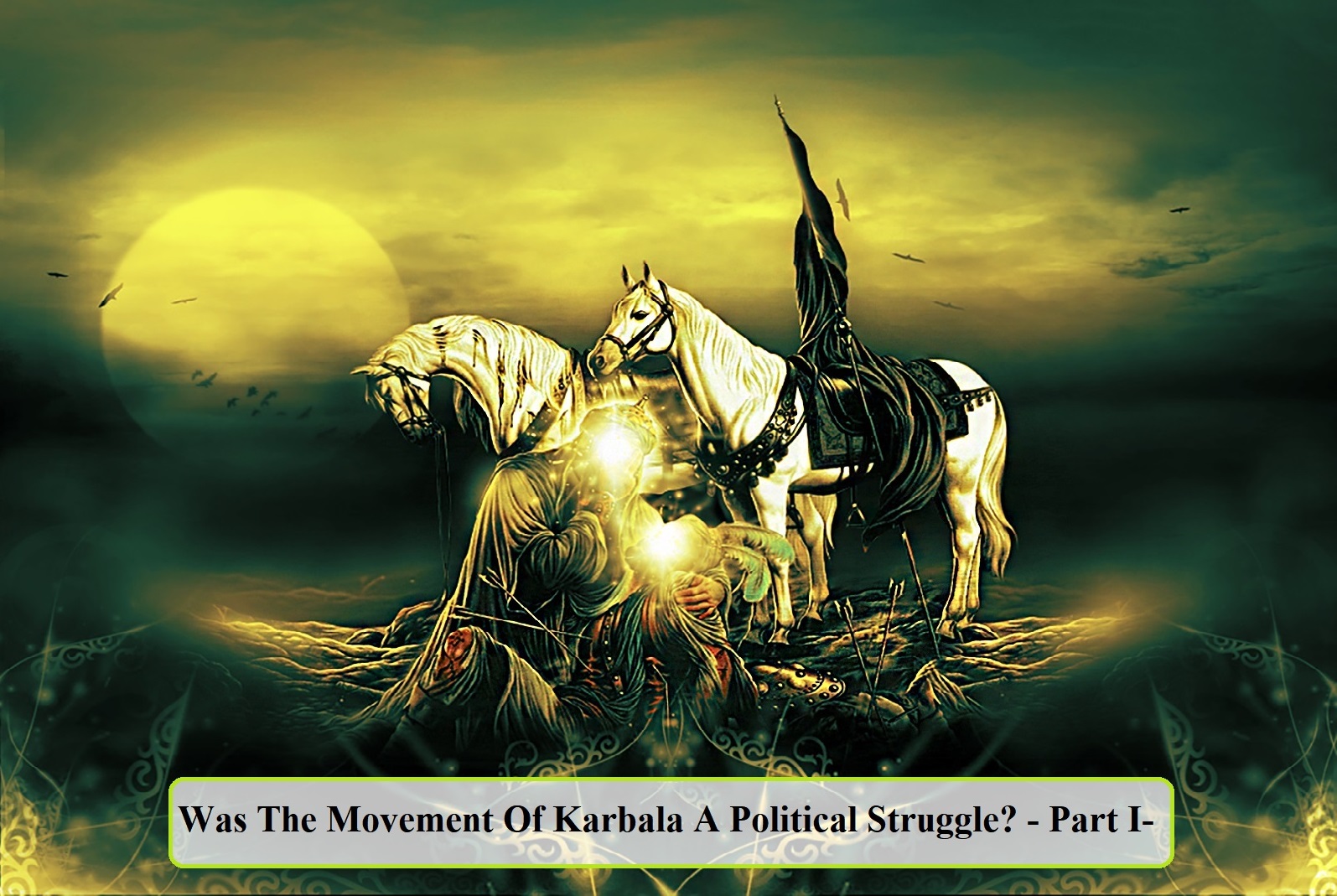Sheikh Jaffer Ladak
21st September 2017
In the Name of Allah, The Most Kind, The Most Merciful
Introduction
A poet says, “The days of Hussain approach once again, bringing with them his eternal memory. Although confined to time he was, through his sacrifice, he became timeless.”
With the holy month of Muharram upon us, the atmosphere in the Muslim world shifts from one of celebration at the culmination of the Hajj to one of sombre and mourning. Almost a billion Muslims around the world will be commemorating the tragic martyrdom anniversary of the grandson of the Prophet Muhammad (s), Imam al-Hussain (a), at the hands of Caliph Yazid ibn Mu’awiyah, king of the household known as Banu Umayyah.
It is widely held that through his sacrifice, Imam al-Hussain (a) saved Islam from destruction. Not a destruction in the sense of whether the name of the religion would have remained, but a dismantling of any semblance of its principles, goals, spirituality and social system due to its strategic decimation at the hands of Yazid ibn Mu’awiyah. Imam al-Hussain (a) saved Islam.
Such a statement is no small claim. Had there been an event, which literally saved Christianity, for example, from eradication – just 50 years after the death of Jesus Christ (a) – as was the Karbala epic only 50 years after the demise of the Prophet Muhammad (s), those events would be incessantly researched and lauded for their roles in across time and space.
The mourning and remembrance programmes of Imam al-Hussain (a) in Muharram seek to accomplish that. However, with such an important event in the history of Islam, it draws a number of debates over how the Prophet Muhammad (s) himself honoured it, how his followers today commemorate it and what its underlying philosophy was.

